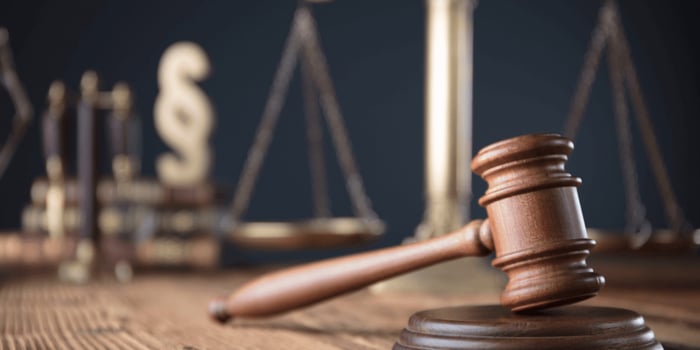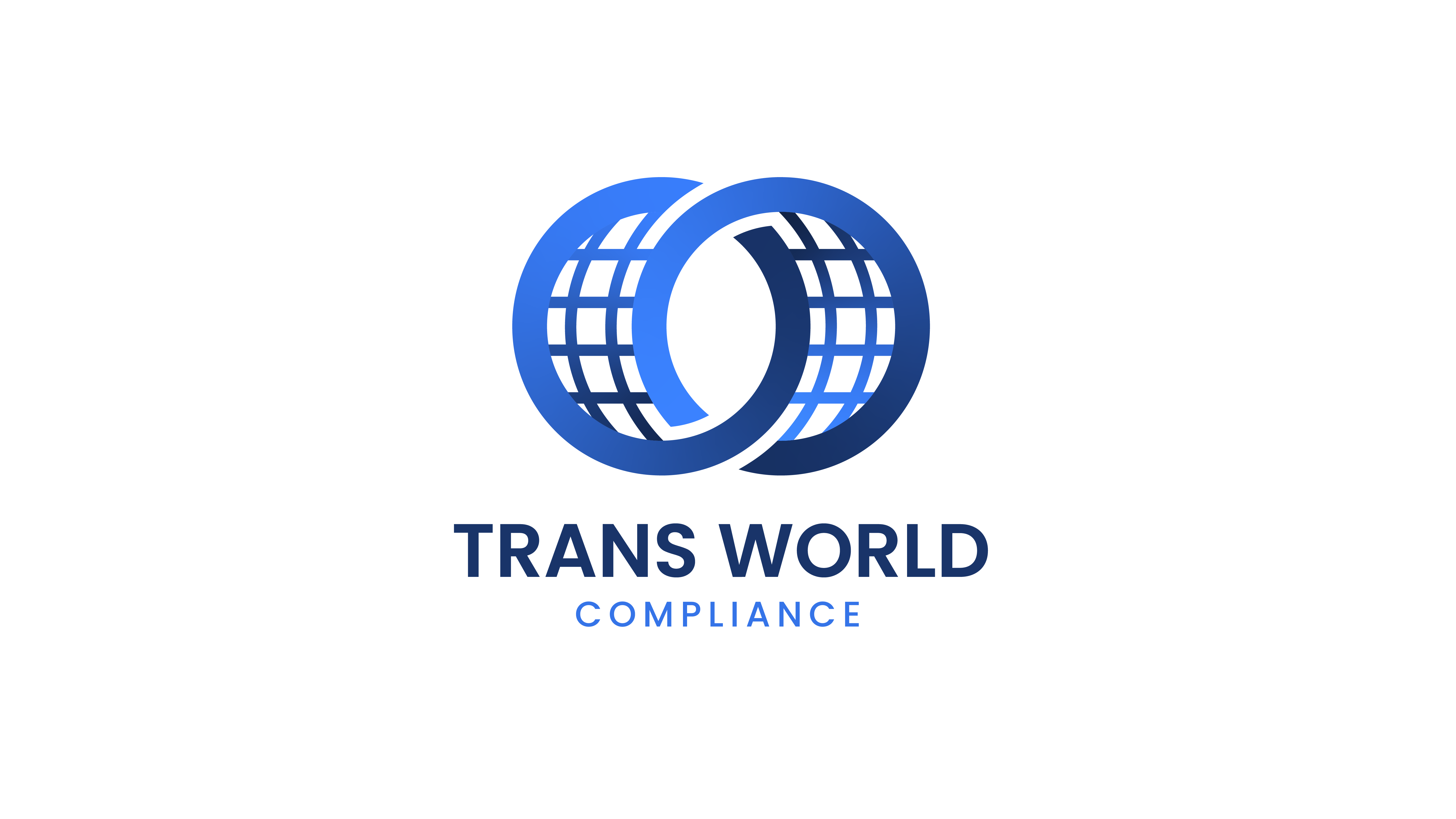Three news to start your week: May 20
Libor convictions reviewed by UK fraud agency in the wake of disclosure problems
(Financial Times)
The Serious Fraud Office in the UK is reviewing its Libor prosecutions, particularly the case involving former UBS and Citigroup trader Tom Hayes. This comes after issues with the agency's disclosure software systems led to a reevaluation of past cases.
The prosecutor is meticulously assessing convictions related to manipulating the key interest-rate benchmark. This thorough process ensures that no documents are overlooked during the disclosure process.
This review extends to a group of cases, likely over a dozen, which are being reevaluated due to problems with the agency's disclosure tools. Additionally, the SFO has announced its prioritization of re-examining cases where individuals are still in custody, including investigations into entities such as Harlequin Group, Balli Steel Plc, and Global Forestry Investments.

Supreme Court rejects challenge to consumer watchdog's funding
(The New York Times)
The Supreme Court unequivocally rejected on Thursday a challenge that could have seriously hindered the Consumer Financial Protection Bureau and simultaneously advanced the conservative legal movement's objective of curbing the authority of independent agencies. In a decisive 7-2 vote, Justice Clarence Thomas composed the majority opinion.
Had the bureau been defeated, the court's ruling could have instilled uncertainty regarding every regulation and enforcement action the agency has undertaken in its 13-year history. This encompasses vital matters relating to mortgages, credit cards, consumer loans, and banking.
At the heart of the case lay the pivotal question of whether Congress had violated the Constitution's appropriations clause, which stipulates that "no money shall be drawn from the Treasury, but in consequence of appropriations made by law."

DOJ declared Boeing violated its deferred prosecution agreement
(Reuters)
The US Justice Department has declared that Boeing has breached its obligations under a 2021 agreement, which was intended to prevent the planemaker from facing criminal prosecution following the tragic 737 MAX crashes in 2018 and 2019, claiming the lives of 346 individuals.
This finding raises the possibility of Boeing facing the very prosecution it has managed to avoid until now. Such a prosecution could lead to additional penalties and escalate the existing corporate crisis, which has already resulted in a significant restructuring of management and government investigations.
According to the Justice Department, Boeing has failed to adequately "design, implement, and enforce a compliance and ethics program" to prevent violations of US fraud laws. This revelation is contained in a letter addressed to a Texas judge and revealed in a court filing late on Tuesday.





